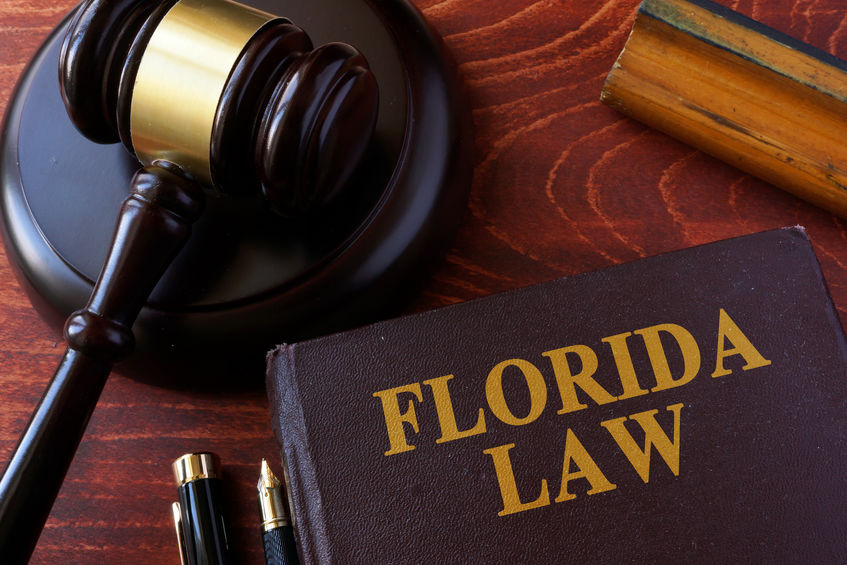What is game promotion, also known as sweepstakes?
In Florida, the game promotion law defines a game promotion as a contest, game of chance, sweepstakes or gift enterprise conducted by an operator, also called sponsor, within or throughout the state and other states in connection with and incidental to the sale of consumer products or services and in which the elements of chance and prize are present.
Who can organize a game promotion?
Not everyone can run a game promotion: only certain entities can do that on a limited and occasional basis as a marketing and advertising tool.
What are the regulations?
In the United States, sweepstakes sponsors can advertise subscriptions to promotional mailing lists, but are not allowed to make contestants pay to participate or receive the gift – or even suggest that the players must pay to have a chance to win. Otherwise, this practice would be considered gambling and would be subject to different laws and requirements.
Operators must comply with the following requirements, otherwise, the game promotion is unlawful. First, operators must timely file with the Florida Department of Agriculture and Consumer Services their contest and post the required security surrounding the participation. Second, any kind of manipulation is forbidden. For example, an operator cannot manipulate the game so that winners are predetermined: the contest should not predetermine winners from a certain geographic area or the specific moment when they entered the competition. Similarly, the operator cannot arbitrarily remove, disqualify or reject entries. Third, the operator must use clear language to avoid any deceptive or misleading promotion. Last but not least, once the winners are determined, the operator must award the prizes that were advertised.
Some contests require participants to comply with conditions. For example, a contest on Instagram may require the participant to follow certain accounts. The operator can only disqualify the participant if he or she does not comply with the contest requirements.
How are game promotion and sweepstakes regulated?
Under the federal regulations from the Federal Trade Commission and Federal Communications Commission, online contests, sweepstakes, or campaign promotions must follow specific regulations regarding the language an operator is allowed to use in a contest, and rules are specific for the publication of the terms of the contest.
Like other states, Florida has specific laws that complete those regulations. Gaming is overseen by the Department of Agriculture in Florida and even if the person or entity that conducted the contest is out of state, so long as it was also advertised in Florida and the prize was over $5,000, it had to be registered with the state and file a surety bond with that state. Once the contest is over, the sponsors must submit a certified list of winners to close out the registration and terminate the bond. Exceptions are granted and the bond requirement is waived for sponsors who have conducted registered promotions without issue (no civil, criminal or administrative actions against them) for five consecutive year.
What are the consequences of breaching the requirements?
Sponsors can face consequences if they do not comply with the state and federal requirements. For example, if the state does not receive the certified list of winners, the state will consider that the sponsor has not complied with the regulations. The Florida Department of Agriculture and Consumer Services or the Department of Legal Affairs can take actions against the operator of the contest: a violation of the game promotion law can result in a civil penalty of up to $1,000 per violation, an injunction to comply with the requirements or even criminal prosecution. The Florida Deceptive and Unfair Trade Practices Act (FDUTPA) also provides that a violation of the requirements can constitute a deceptive and unfair trade practice actionable under the Act, therefore, a contestant can bring a claim under the FDUTPA.
If you would like to organize contests but would like to receive advice on the organization, or if you were wrongfully refused a prize, contact the experienced attorneys at EPGD Business law.


